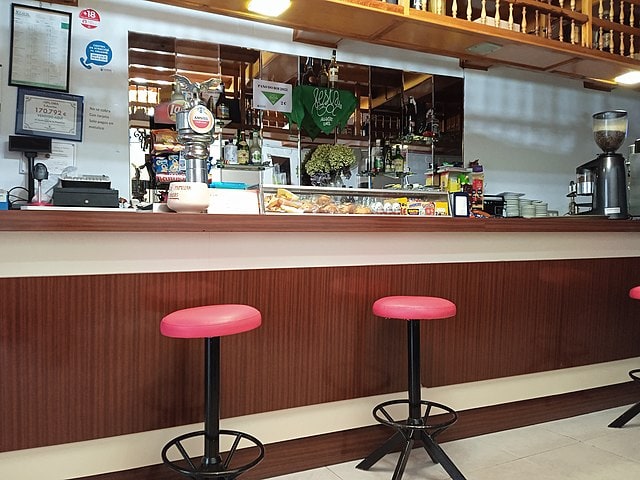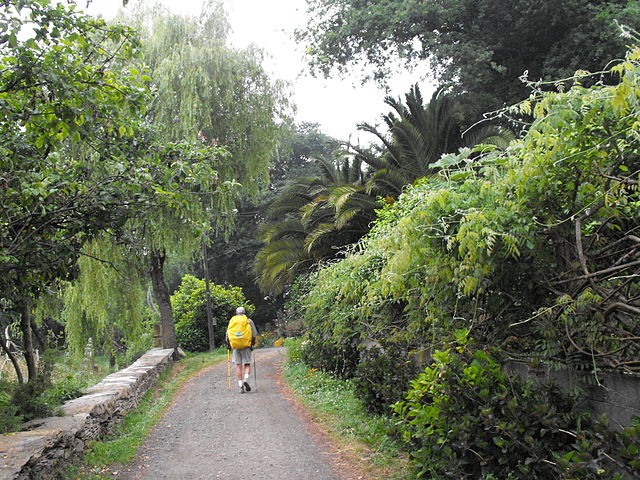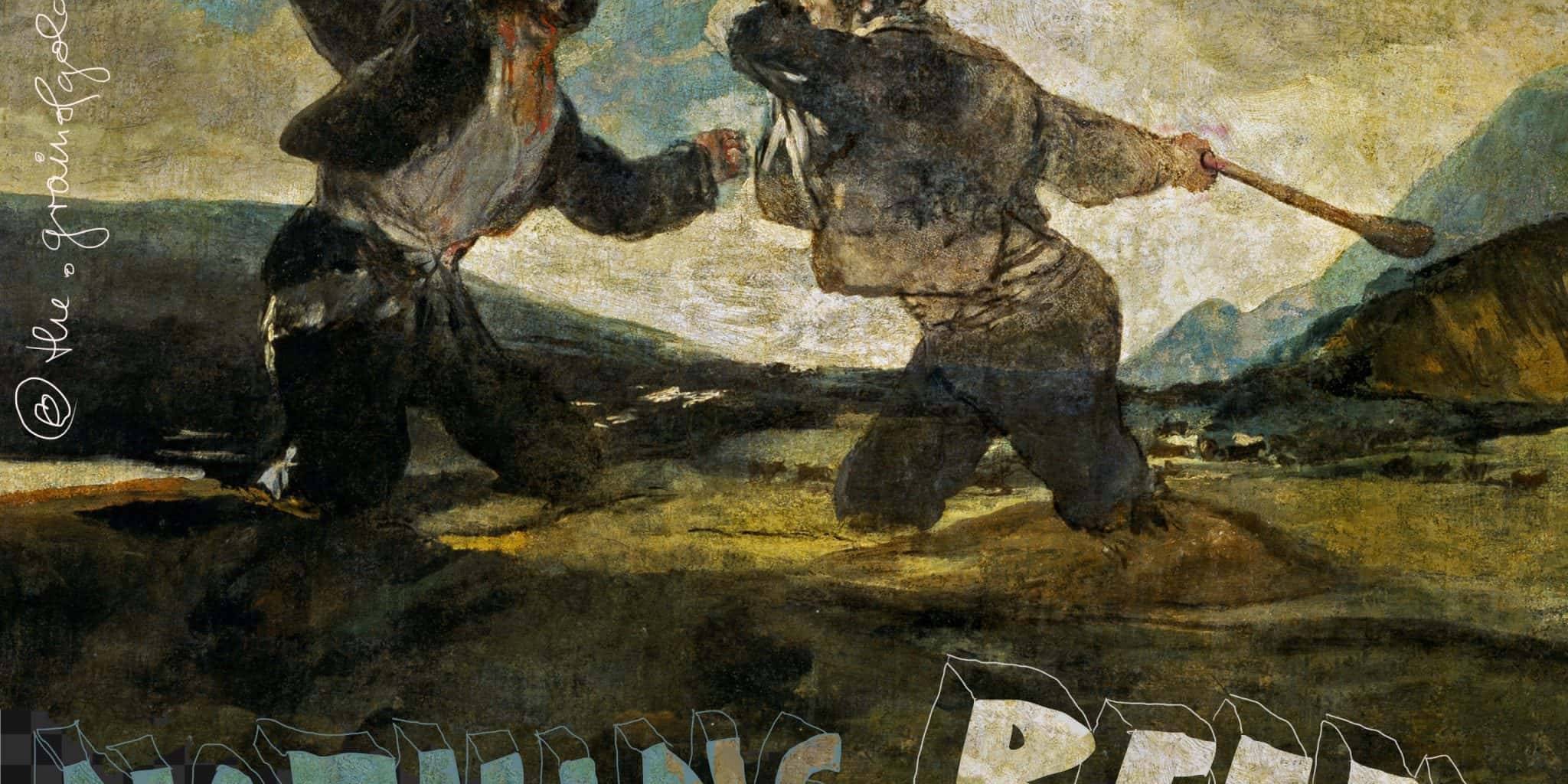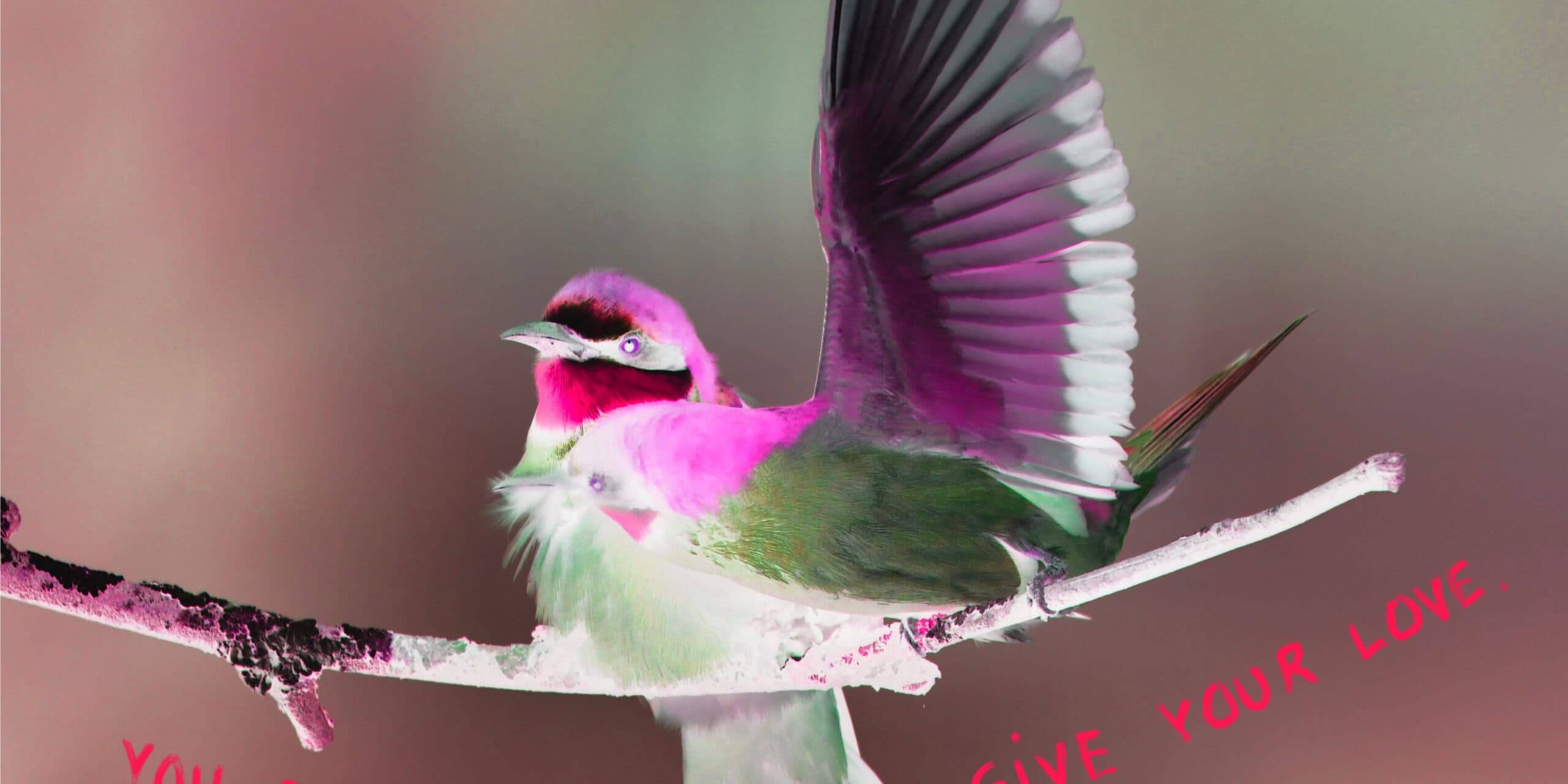When I walked the Camino de Santiago (English: Way of St. James) I had experienced an incident that now emerges and reminds me that we often come to a point when we fall into a pit of distrust, doubt and self-questioning.
It’s funny — the thing I feared would take away my “freedom” is the one thing that has allowed me to have it.
Joelle Steiniger
Today I cannot recall the stage I had walked that day, from what village I had started and to what village I was headed. The names of most of the villages I had walked through are mashed up in the collective blur of my memory and eventually they are of no importance. They formed a beautiful backdrop against which certain experiences and lessons were revealed to me.
This day in question had started very well. But it wasn’t long before I slowed down. It was around km 7 or 8 that I had looked forward to make a stop in the next village. I was looking forward to buy a fresh peach in one of these small convenience stores. And in my mind I was already sipping a cortado – the Spanish equivalent of the Italian espresso macchiato – and having a cigarette in a bar. Today I no longer smoke, and it is strange to draw a picture of myself from days gone by with a cigarette dangling from my mouth.
How great my disappointment was when I realized that there was nothing to indulge in – neither a peach nor a cortado – since the village neither had a convenience store nor a bar in the first place.
To assess the new situation I was facing, I trudged through the village looking for a place to sit.
I felt too tired to continue. Usually I would walk 20 to 30 km a day. It didn’t look like this was going to happen. Not today, I decided.
A knee-high wall lined the cobblestone path that led out of the village. I sat down, unwilling to go any further. But when I looked at the map, I was shocked to see that the next pilgrim hostel was still 10 km away.
I could find no reason to get up. The longer I sat, the more difficult it became to detach myself from the invisible roots I had grown. Why did I start the Camino in the first place? Everything seemed pointless.
After a while, a woman from the village came by. She was wearing slippers and was dressed in one of those typical sleeveless housecoats that Spanish women of advanced age liked to wear.
I could tell by the way she addressed me that she was used to pilgrims.
Are you tired, she asked me.
No, I pretended, just taking a break.
Without warning, she took my hand, opened it, and placed in my hand some gooseberries she had picked from the bushes along the path.
Comé [koˈme, engl. Eat!), she asked me in Spanish.
I looked down at my hand.
Having grown up in Southeast Asia, I vividly remember the experience of my first gooseberries in the West. Even as I grew older and got used to the taste of sour gooseberries, there was still something about them that I disliked.
Reluctantly, I put a gooseberry in my mouth. With the bursting of the firm skin, the whole “sour” experience came alive. I grimaced. The village lady burst out laughing.
Comé, comé (eat, eat), she urged me again, pressing more gooseberries into my hand.
Something had shifted. I ate one after the other. It was as if the sour juice of the gooseberries filled up my empty energy tanks. Gradually, I regained my strength and and thanked her profusely. She didn’t bother to return my thanks but simply sent me on my way again.
As I began to walk at a good pace, I turned to wave goodbye to her. With a smile on her lips, she waved back.
Buen camino, buen camino, she called after me.
You may also like
Autopilot interrupted – When the world suddenly came to a standstill
The world as we knew it had come to a standstill. Everyone…
The driving force behind human conflict
You could ask anyone if they desire peace and harmony, and…
Where love is conditional – the cycle of never feeling good enough
Conditional love means that affection, acceptance, and…







